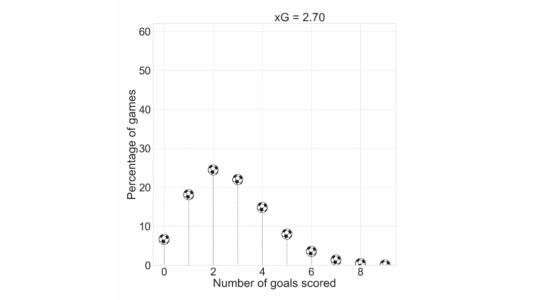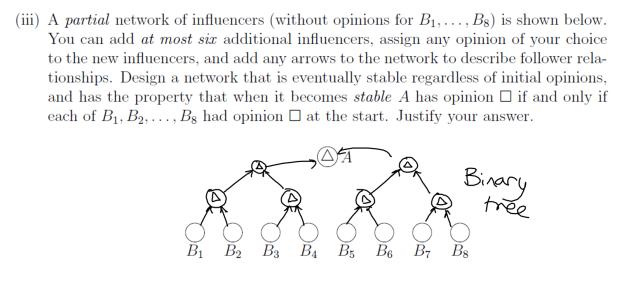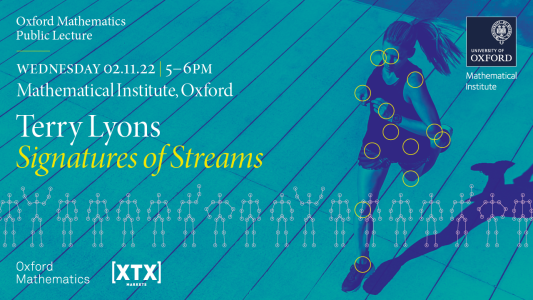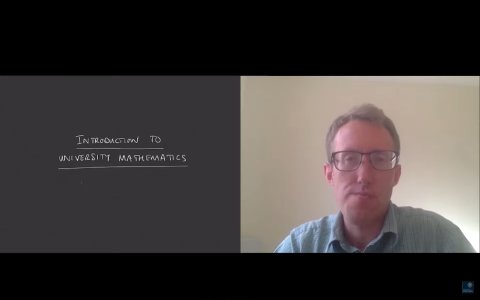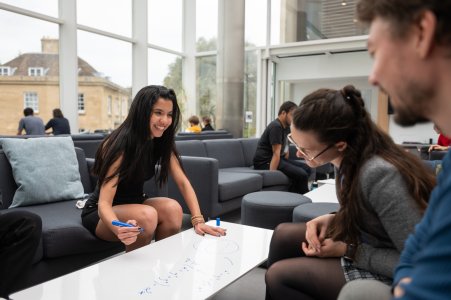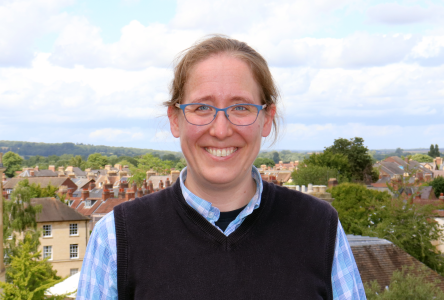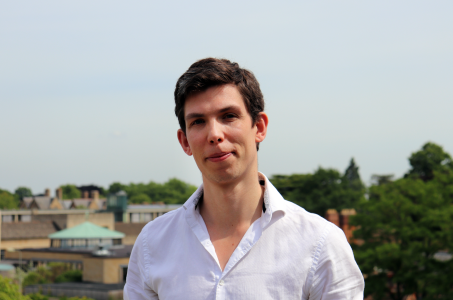Oxford Mathematics is delighted to be a partner in the Martingale Postgraduate Foundation's programme of scholarships for students wishing to pursue postgraduate studies in STEM (Science, Technology, Engineering, and Mathematics) subjects.
Martingale is a new postgraduate foundation that offers full funding and multi-year support for outstanding UK students to complete STEM PhDs at leading UK research universities. The first cohort will be concentrated on mathematics.
In today’s modern job market, particularly in STEM, postgraduate degrees are now increasingly required for academic and career advancement. According to the UK Commission for Employment and Skills Report, there is an annual shortfall of 40,000 STEM skilled workers and demand is expected to increase in the future. For many students, financial costs are a significant barrier to postgraduate education. Student loans alone are inadequate in covering tuition fees, especially when taking into account the rising cost of living.
To address this, Martingale Scholars will receive funding for the full cost of a master’s and a PhD course. The scholarship will also include a full cost of living allowance, as well as an additional budget for research activities. The foundation will prioritise students for whom family income has been or would be a barrier to postgraduate education.
For its first cohort, Martingale is partnering with five leading research universities in the UK to provide scholarships in select master’s and PhD programmes in mathematics: the University of Cambridge, Imperial College London, King’s College London, the University of Oxford, and University College London. The foundation plans to expand its scholarships to other STEM subjects and universities in the next few years.
In addition to having their tuition fees fully funded by Martingale, Scholars will also receive access to outstanding career development opportunities. This includes attending leadership events and residentials, internships and industry placements, as well as opportunities to contribute to public engagement projects. Scholars will join a community of researchers and a network of leading universities and businesses across the UK.
For its first year, Martingale Foundation is looking for a cohort of scholars at each university who wish to pursue their postgraduate studies and research in mathematics, commencing in September 2023.
James Sparks, Head of the Mathematical Institute in Oxford, said:
"The mathematical sciences are fundamental to UK industry, the economy, as well as mathematical and scientific progress in general. It's vital that we continue to fund and support the next generation of talented mathematics graduate students, whatever their background. The Mathematical Institute is delighted to be partnering with the Martingale Postgraduate Foundation to help ensure that outstanding students have the financial means to pursue graduate study at Oxford, and that talent isn't lost because of personal or family financial circumstances."
Applications will open today, 6th October. Undergraduates in mathematics who are in their final year, as well as recent graduates, are encouraged to apply for the Martingale scholarship.
Applications are welcome from candidates from all backgrounds, especially those for whom family income has been, or would be, a barrier to postgraduate education. Candidates must also be able to demonstrate both academic excellence and a passion for their area of research. More information about eligibility and criteria can be found here and also on the Martingale Foundation website
The Martingale Foundation is a part of Ark Ventures, one of the country’s leading education charities. It is proudly supported by world-leading algorithmic trading company XTX Markets, whose generosity has helped make these scholarships possible.


